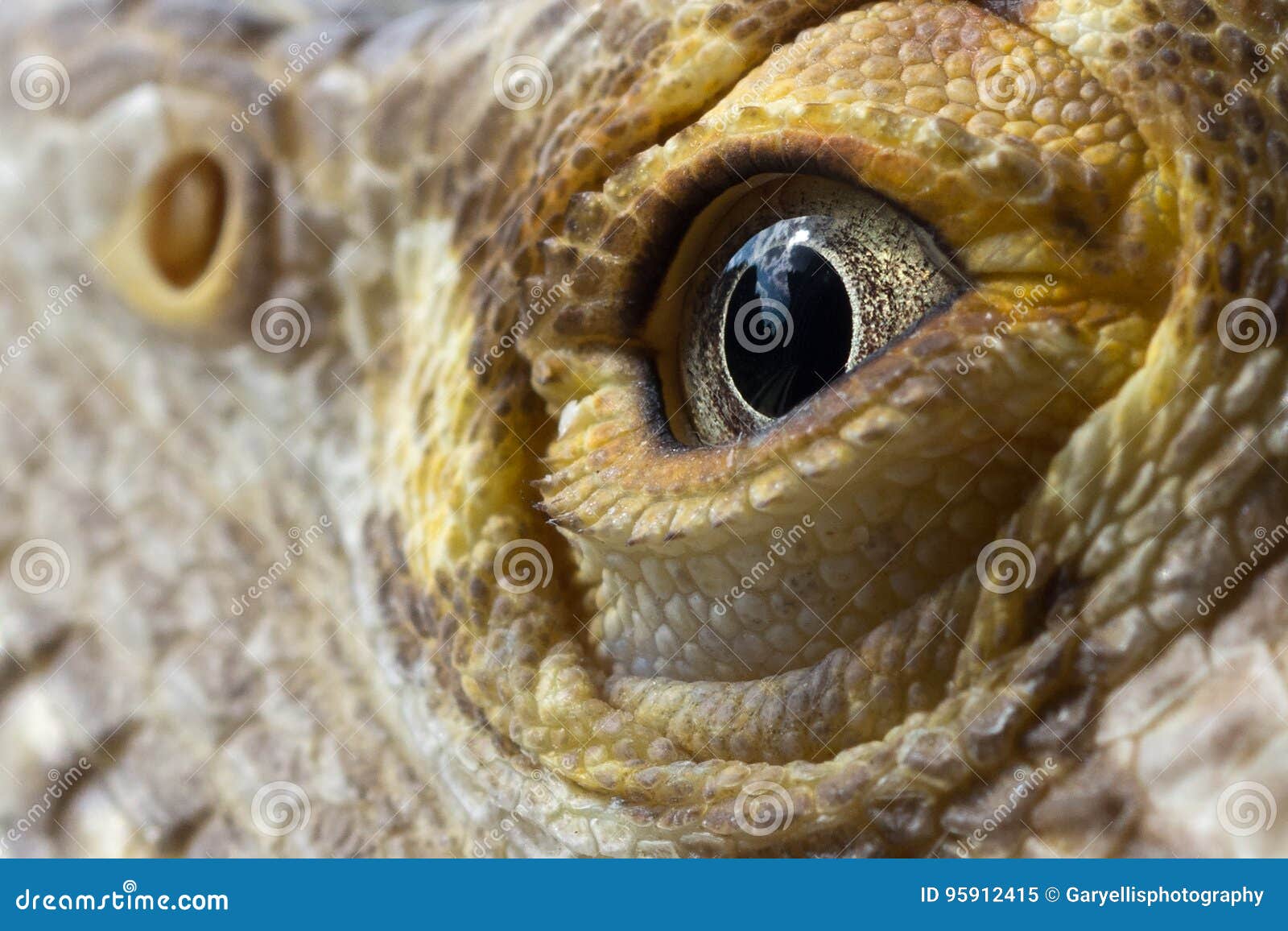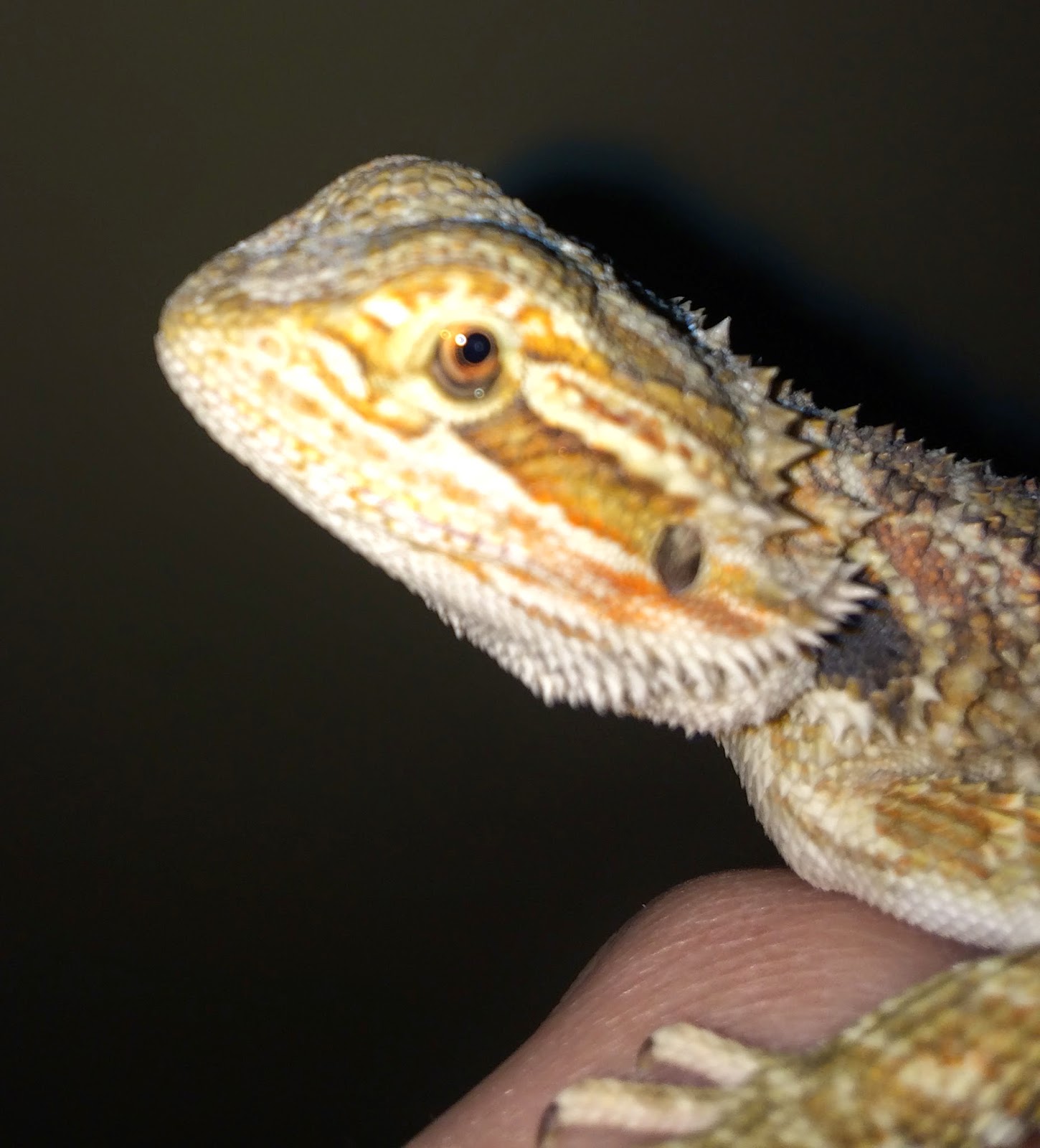

Just make sure not to point the fan directly at your animal. You could also try using a fan to create a breeze and help bring down the temperature. If the temperature is too high, on the other hand, you might need to move your pet’s enclosure to a cooler spot. A ceramic heat emitter may also be used, but make sure it doesn’t get too close to your pet. If you think the temperature might be too low, use a basking lamp to raise the temperature in your bearded dragon’s enclosure. If the temperature gets too high or low, it can cause sunken eyes. Your bearded dragon needs a basking spot that’s between 95 and 110 degrees Fahrenheit.
#Droppy eyelids reptile how to
Your vet can help you with this if you’re not sure how to do it yourself. If your bearded dragon isn’t eating enough, you may need to force-feed them or syringe-feed them until they start eating on their own again. You can also dust their food with calcium powder to ensure they’re getting enough of this important mineral. To guarantee your bearded dragon gets adequate nutrients, offer it a varied diet that includes both greens and insects. This might be due to a lack of vitamins and minerals in their diet, as well as not enough food overall. Inadequate nutrition is a typical reason for sunken eyes. If you take steps to prevent dehydration and keep your bearded dragon properly hydrated, the sunken eyes should resolve on their own. This is a serious procedure that should only be done by a qualified professional. If dehydration is severe, your pet may also need to be given fluids intravenously by a veterinarian. Once your dragon has had enough water to drink, you should then soak it in a warm bath for 20-30 minutes to help rehydrate the skin. If your dragon does not drink on its own, you may need to force-feed it with an oral syringe or eyedropper. If you believe your pet is dehydrated, the first step should be to give it clean, fresh water.

Other causes of dehydration can include illnesses such as parasites or respiratory infections, which can lead to excessive mouth-breathing and loss of water through evaporation.ĭehydration is a serious condition and can be fatal if not treated promptly. The most frequent cause is not having enough water available, either due to a change in habitat or not having clean water available. There may be a variety of reasons for a bearded dragon to become dehydrated.
#Droppy eyelids reptile skin
If it takes longer than a second for the skin to go back to normal, then your dragon is likely dehydrated and in need of immediate hydration. To check for dehydration, gently pinch the skin on your dragon’s back. A telltale sign your dragon may be dehydrated is if the skin on its back appears wrinkled. Sunken eyes might be a symptom of a more serious health problem, and it’s critical to get your pet examined as soon as possible.ĭehydration is the main reason for sunken eyes in bearded dragons. The first thing you need to do when you notice your bearded dragon has sunken eyes is to take them to the vet. What to Do When Your Bearded Dragon Has Sunken Eyes? We will also provide some tips on how to keep your bearded dragon pet healthy and prevent sunken eyes from happening in the first place. In this post, we’ll go through the reasons for drooped eyelids in bearded dragons and the treatments available. However, there are a number of reasons why this might happen, and most of them are not serious. Most likely, it's a combination of both.When your bearded dragon’s eyes appear sunken, it can be a cause for concern. So it can be genes and it can be the environment. "People who are abused early in life or who are neglected, for example, they have a reduction in the volume of the amygdala. "We know that there are strong genetic contributions to the brain areas, but we also know that the social environment can impact the brain," Raine said. In psychopaths, this doesn't happen to the same degree. When most people are given a moral dilemma to consider, such as the trolley problem, the amygdala fires up and lights up on brain scans. In psychopaths, this area is up to 18% smaller. The amygdala is the area of the brain where people process emotions. If we thought about doing something a little bit scary, we'd get scared." Psychopaths, on the other hand, don't. It's because they lack fear and they lack conscience. "Psychopaths are more likely to be thrill seekers, and more likely to push the envelope on life," he said.

For example, Adrian Raine, a professor of criminology at the University of Pennsylvania and expert on psychopathy, told INSIDER that psychopaths tend to have a "blunting of emotions." Experts have sometimes suggested that psychopaths don't experience emotions like the rest of us do.


 0 kommentar(er)
0 kommentar(er)
